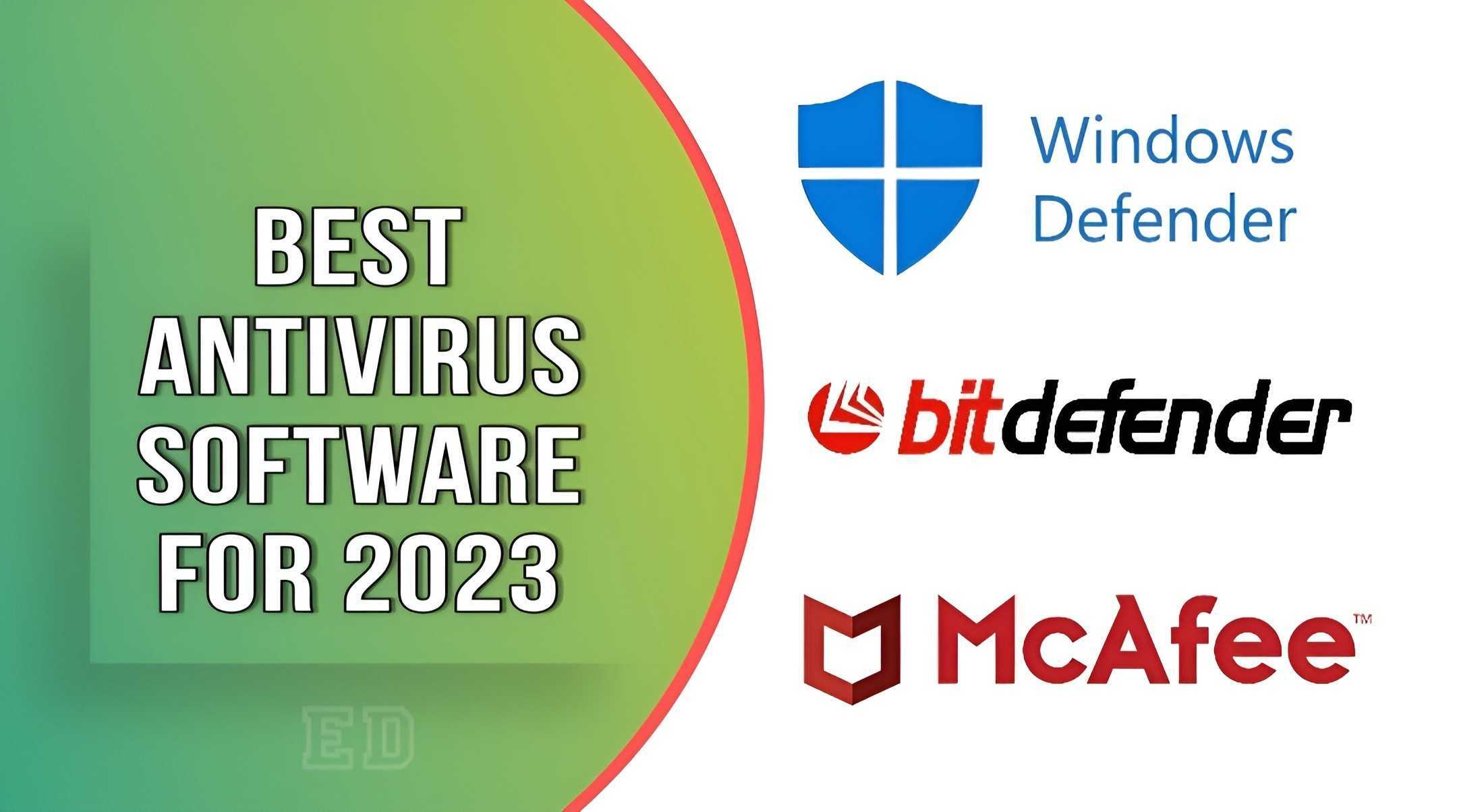Antivirus Software Explained

In the vast and complex world of cybersecurity, one of the most crucial tools for protecting digital information is antivirus software. This type of software is designed to detect, prevent, and remove malware, which includes viruses, worms, trojans, spyware, adware, and other types of malicious programs. The importance of antivirus software cannot be overstated, given the ever-evolving nature of cyber threats and the devastating impact they can have on individuals, businesses, and organizations.
Understanding Malware
Before diving into the details of antivirus software, it’s essential to understand what it protects against: malware. Malware, short for malicious software, refers to any software that is designed to harm or exploit a computer system. Viruses, for example, replicate themselves by attaching to other programs or files, whereas worms can spread from system to system without the need for human interaction. Trojans disguise themselves as harmless software but can allow unauthorized access to a computer. Spyware and adware can collect user data and display unwanted advertisements, respectively.
How Antivirus Software Works
Antivirus software operates through several key mechanisms to detect and remove malware. One of the primary methods is signature-based detection, where the software maintains a database of known malware signatures. When the software scans a file or program, it checks for these signatures to identify potential threats. However, this method has limitations, as new, unknown malware might not be in the database.
To address this, many modern antivirus programs also use behavioral detection. This approach monitors the behavior of programs, looking for actions that are typical of malware, such as attempting to access sensitive areas of the system or modify system settings without permission. Some advanced antivirus solutions also employ machine learning algorithms to predict and identify malicious behavior, even from previously unknown threats.
Features of Antivirus Software
Today’s antivirus software often includes a wide range of features designed to provide comprehensive protection against various types of threats. Some common features include:
- Real-time protection: Continuously scans files, emails, and websites for potential threats.
- On-demand scans: Allows users to manually scan specific files, folders, or the entire computer for malware.
- Firewall protection: Monitors and controls incoming and outgoing network traffic based on predetermined security rules.
- Anti-phishing and anti-spam tools: Helps protect against phishing emails and spam.
- Parental controls: Allows parents to control what their children can access on the internet.
- Password management: Securely stores and manages login credentials.
Choosing the Right Antivirus Software
With so many antivirus software options available, choosing the right one can be daunting. Several factors should be considered, including:
- Effectiveness: Look for software that has been tested and proven effective by independent labs.
- System performance impact: Some antivirus software can slow down system performance. Opt for software that is known for being lightweight.
- Ease of use: The interface should be user-friendly, making it easy to navigate and understand the software’s features and alerts.
- Compatibility: Ensure the software is compatible with your operating system and other software you use.
- Cost: Antivirus software can range from free to several hundred dollars per year. Consider what features you need and whether a premium service is worth the cost.
Future Trends in Antivirus Software
The landscape of antivirus software is constantly evolving, driven by the ongoing cat-and-mouse game between cybersecurity professionals and malicious actors. Future trends are likely to include:
- Cloud-based protection: More emphasis on cloud-based solutions that can update and respond to threats in real-time, without requiring significant on-device resources.
- Artificial Intelligence (AI) and Machine Learning (ML): Increased use of AI and ML to detect and prevent threats, offering better protection against unknown malware.
- Internet of Things (IoT) security: As more devices become connected, antivirus software will need to adapt to protect not just computers and smartphones, but also smart home devices, cars, and other IoT devices.
Conclusion
Antivirus software is a cornerstone of cybersecurity, providing essential protection against the myriad threats that exist in the digital world. As threats continue to evolve, so too will the technology designed to combat them. By understanding how antivirus software works, its key features, and how to choose the right product, individuals and organizations can better protect themselves against malware and other cyber threats.
What is the primary function of antivirus software?
+The primary function of antivirus software is to detect, prevent, and remove malware, including viruses, worms, trojans, spyware, and adware, from computer systems.
How do I choose the right antivirus software for my needs?
+When choosing antivirus software, consider factors such as effectiveness, system performance impact, ease of use, compatibility, and cost. Look for software that has been tested and proven effective, has a minimal impact on system performance, and offers the features you need at a price you’re willing to pay.
Is free antivirus software as effective as paid versions?
+Some free antivirus software can be very effective and may offer similar levels of protection to paid versions. However, paid antivirus software often includes additional features such as enhanced malware detection, password management, and tech support, which may make it a better option for those looking for comprehensive protection.
How often should I update my antivirus software?
+Most antivirus software updates automatically, but it’s a good idea to regularly check for updates manually to ensure you have the latest protection against new threats. This is especially important after a new vulnerability or malware outbreak has been discovered.
Can antivirus software protect against all types of cyber threats?
+While antivirus software is highly effective against malware, no single solution can protect against all types of cyber threats. Additional measures such as using strong, unique passwords, enabling two-factor authentication, keeping software up to date, and being cautious with emails and links can provide comprehensive protection against a broader range of threats.

